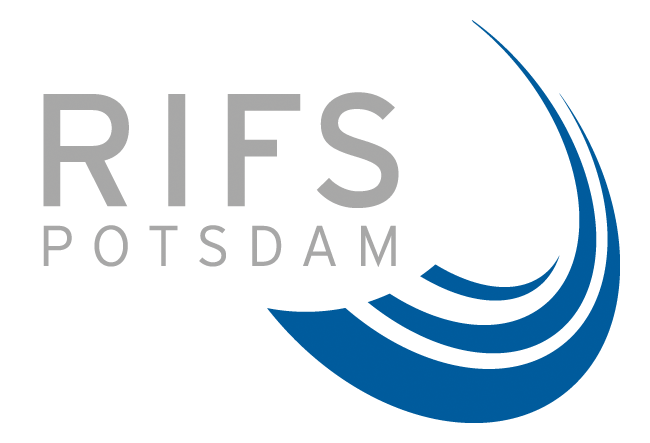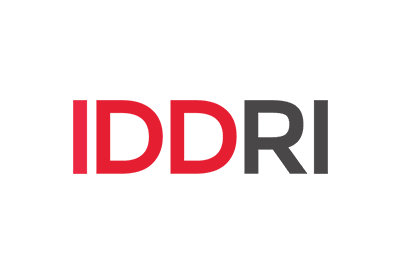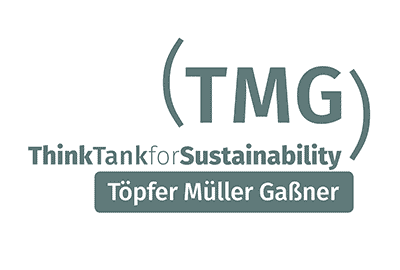The STRONG High Seas project has recently wrapped up its series of interactive virtual capacity development workshops in January 2022. The series, coordinated by the International Ocean Institute – South Africa (IOI-SA), aimed to provide the participants with tools and knowledge to share across national departments to enhance ocean governance in the region and implement the upcoming global agreement on the conservation and sustainable use of marine biodiversity in areas beyond national jurisdiction (BBNJ Agreement) in their national context.
All workshops prioritised making space for discussion and participation of the participants. The series took place over 5 sessions, and brought together over 100 participants from the Southeast Atlantic region with simultaneous translation in English and French, and covered the following topics:
- An Introduction to the United Nations Law of the Sea and Biodiversity Beyond National Jurisdiction Negotiations;
- Area-based Management Tools (including Marine Protected Areas), Environmental Impact Assessments, and Strategic Environmental Assessments;
- Understanding the Ecology and Socio-economic Aspects of Areas Beyond National Jurisdiction;
- Understanding Marine Genetic Resources;
- Conservation and Sustainable Use of Resources in Areas Beyond National Jurisdiction.
The series kicked off with a two-day workshop on an Introduction to the United Nations Law of the Sea with Professors Ronan Long and Aleke Stöfen-O’Brien (World Maritime University) and African developments with Dr. Kamal-Deen Ali (CEMLAWS Africa). Dr Dire Tladi (University of Pretoria) outlined why African States and stakeholder should take an interest in the BBNJ negotiations and advocate for an effective future BBNJ Agreement. Thembile Joyini (DIRCO) explained the African perspective on the BBNJ negotiations. We discussed the various opportunities and challenges for African countries to participate in and influence negotiations as well as the process to incorporate the treaty into national legal frameworks.
The second interactive virtual workshop explored the ecology and connectivity of marine areas beyond national jurisdiction (ABNJ) and what human pressures are relevant with Ross Wanless (Petrichor-Africa). Kristina Gjerde (IUCN and WCPA) introduced participants to area-based management tools (ABMTs), including marine protected areas (MPAs). ABMTs are under discussion as part of the BBNJ negotiations. Environmental impact assessments (EIAs) and how they can be implemented in ABNJ are also under discussion as part of the BBNJ negotiations and were part of the third virtual workshop with Prof. Meinhard Doelle (Dalhousie University) where Claudette Spiteri (MCL) also outlined the socio-economic importance of ABNJ to the Southeast Atlantic region.
The fourth interactive virtual workshop introduced another of the package elements of the BBNJ negotiations – Marine genetic resources (MGRs). Associate Prof. Sophie von der Heyden (Stellenbosch University) introduced the participants to the basics of marine genetics: from populations and biodiversity to conservation and management. This was followed by Prof. Marcel Jaspar (University of Aberdeen) who explained the complicated and long path from the science of marine genetic resources to their commercialisation.
The fifth and final workshop aimed to inspire interest in the biodiversity of the deep sea with Prof. Kerry Howell (University of Plymouth) taking us on a voyage of discovery on the science of the deep sea. Louise Lieberknecht (GRID-Arendal) outlined the challenges and opportunities of integrated ocean management for sustainable development and Dr. Guillermo Ortuño-Crespo (Stockholm Resilience Centre) expanded on techniques for the conservation and sustainable management of marine biodiversity in ABNJ.
Tags STRONG High Seas;






